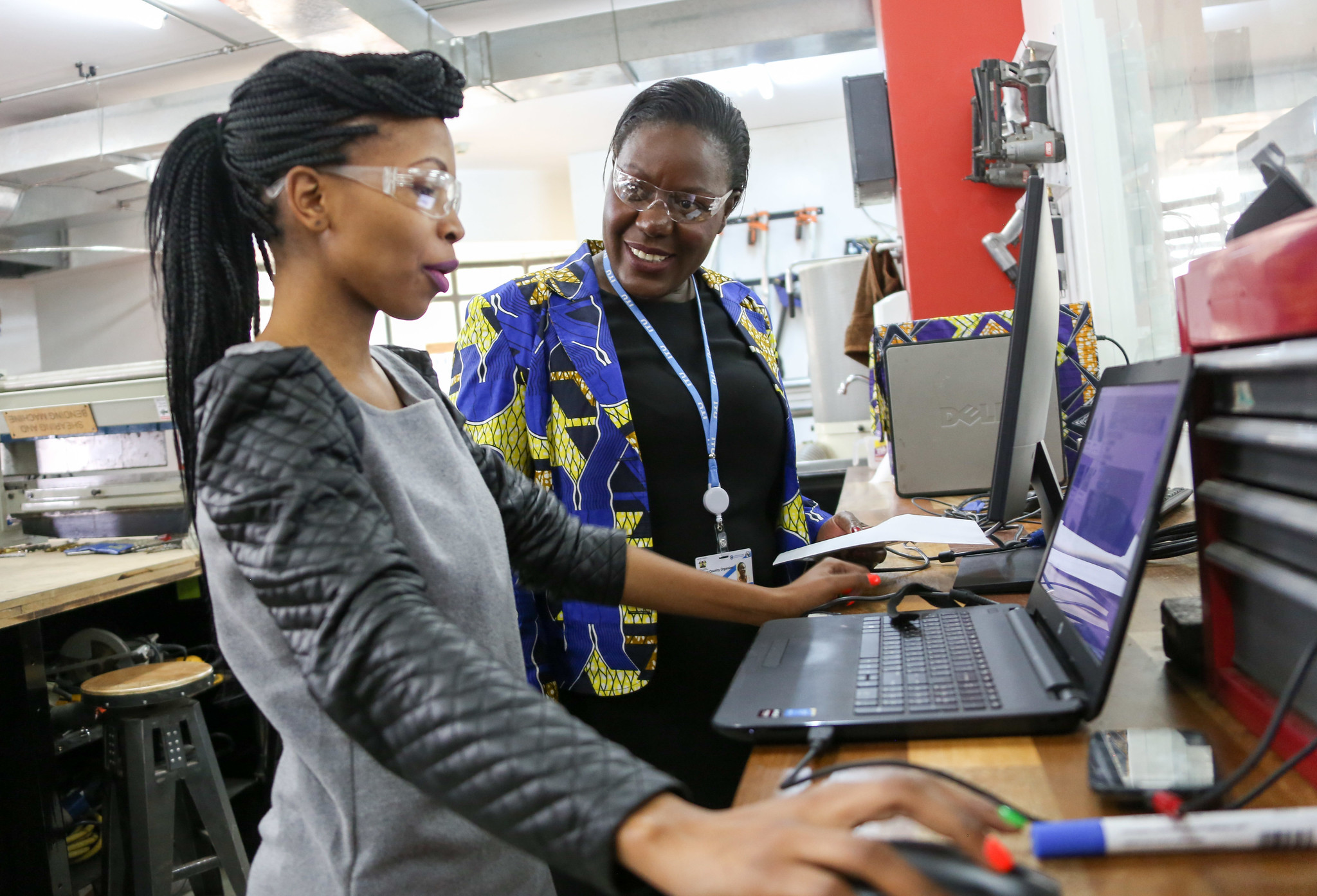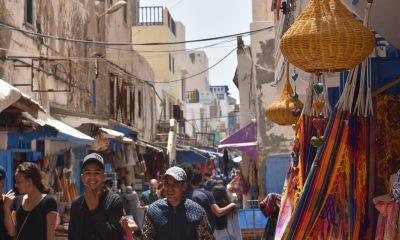In this week’s news roundup, you will read about Kenyan legislators getting ready to debate the new Capital Markets 2022 bill that seeks to tax cryptocurrencies in the country and more.
Kenya’s Capital Markets Bill 2022 Seeks to Tax Crypto Transactions
A Kenyan Member of Parliament has introduced a new Bill – dubbed the Capital Markets (Amendment) Bill 2022 – that seeks to introduce taxation on crypto exchanges and digital wallets, as well as impose transaction taxes on cryptocurrency transactions executed in the country.
The proposed Bill will give the Kenya Revenue Authority (KRA) the mandate to go after Kenyans who own digital currencies for the purposes of imposing taxation on their crypto holdings. Additionally, the proposed Bill is the first time that the East African country will bring digital currencies mainstream and establish regulations around cryptocurrencies. The Bill suggests a capital gains tax for the increased market value of crypto during its sale or use in a transaction. The proposed capital gains tax is akin to the excise duty tax charged by banks on transactions.
Interestingly, the fragments of the Bill are quite similar to the policy interventions that were published by UNCTAD in July 2022 and aimed at helping to curb the risks associated with cryptocurrencies and stablecoins. The Bill is being presented as an attempt to justify crypto regulations in the country as a way of protecting Kenyans from such investments.
IMF Claims Africa’s Growing Crypto Market Needs Better Regulations
Following the collapse of the crypto exchange, FTX, and the crypto bear market witnessed thus far in 2022, the International Monetary Fund (IMF) claims that it might be time to push for calls to regulate the crypto markets in Africa in order to protect consumers.
While acknowledging that regulating a highly volatile decentralized system that is highly volatile remains a challenge for most governments, the IMF believes that a balance can be achieved that minimizes risks and innovation. According to the IMF, only one-quarter of countries in Sub-Saharan Africa have formally regulated digital currencies. In contrast, two-thirds have enacted some restrictions, and only six countries have banned crypto.
Given that crypto assets are mainly used for commercial purposes, the IMF believes their volatility makes them unsuitable as a store of value. And considering that Africa has a fast-growing crypto market compared to other continents in the world, it might be an ideal time for policymakers to regulate the crypto space in the continent to avoid creating risks for financial and macroeconomic stability.
Get Lucky Tickets for World Cup Bets on 1xBit [*Paid Feature]

The long-awaited World Cup 2022 is here, bringing many opportunities to win big. Are you excited about seeing your favorite players on the pitch? Then the World Cup is an opportunity not just to do that but also to win big from your passion.
Participating in 1xBit’s Ticket Rush is all you need to have a fun World Cup experience. This tournament offers you the avenue to stay on top of the game, enjoying fascinating matches and securing impressive prizes.
1xBit has created Ticket Rush with numerous fanciful prizes that could change your entire gambling experience. With multiple prize draws designed to select many winners, you have a chance at winning big. The prize pool is 3 BTC, with numerous winners per category.
To participate in the offer, you must log in or register on 1xBit. Proceed to the offer page, click “Take part,” and bet on World Cup 2022!
Participants collect tickets for bets on World Cup 2022 matches. There are three ticket categories:
- Individual match tickets – for bets on any World Cup matches
- Supporter tickets – for bets on the picked 8 countries during the group stage
- Play-off tickets – for bets on play-off matches
For the Individual match tickets prizes, the 1st place winner will emerge with 500 mBTC. The first-place winner in the Supporters’ tickets prize draw goes home with 10 mBTC, while the first-place winner in the Play-off tickets prize draw will win 250 mBTC.
To learn more about Bitcoin, download the Bitcoin Beginner’s Handbook for free.


 News1 year ago
News1 year ago
 News2 years ago
News2 years ago
 News3 years ago
News3 years ago
 News2 years ago
News2 years ago
 News2 years ago
News2 years ago
 Sponsored Posts3 years ago
Sponsored Posts3 years ago
 News2 years ago
News2 years ago
 News2 years ago
News2 years ago

















 Central African Republic (CAR) has set up a 15-member committee that will be responsible for developing a bill on the use of cryptocurrencies and tokenization in the region.
Central African Republic (CAR) has set up a 15-member committee that will be responsible for developing a bill on the use of cryptocurrencies and tokenization in the region.






